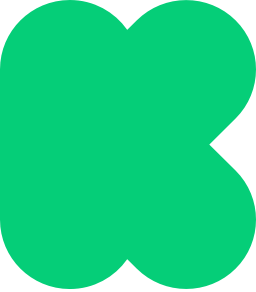Creator Spotlight: How Flatout Games Balances Simplicity and Strategy
Molly, Shawn, and Robb of Flatout Games discuss the importance of community, collaboration, communication, and Kickstarter.
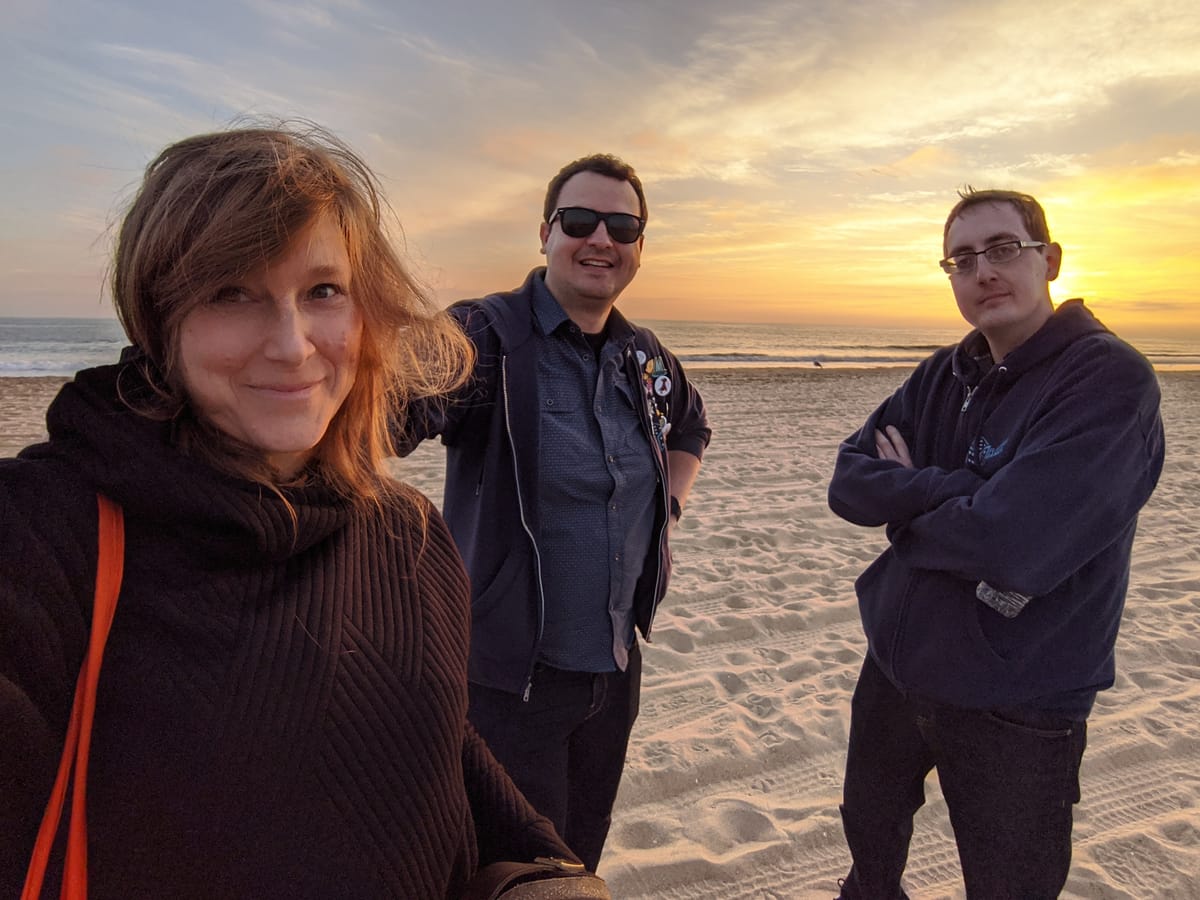
Flatout Games is a Seattle-based design collaborative founded in 2017 by Molly Johnson, Robert Melvin, and Shawn Stankewich, known for “innovative and elegant game experiences” with simple rules and high replayability.
They’re repeat Kickstarter creators, too, most recently launching Cascadia: Alpine Lakes, a standalone title featured in Wirecutter’s Gen Con round-up. (It builds upon Cascadia, the first crowdfunded game to win the Spiel des Jahres.)
Early in 2026, they’ll debut two small-box games: Honeypot, “a card game about bear spies competing for intel,” and Forage, “a card-drafting, tableau-building roll-and-write” about foraging in the Pacific Northwest. They’re also developing Whisperstone, a “massive” role-playing system that uses physical puzzle pieces to encode its rules.
With so much in motion, we caught up with the team to learn more.
In your games, you emphasize keeping the rules simple. Can you discuss the importance of approachability when designing games?
The approachability of a game is always a central focus for our team. With board games, people often want to share them with friends and family who might not be as into the hobby.
When the focus is on elegance and simplicity in rules, it means that there needs to be a really great reason to include a rule, or a rules exception, or some aspect of the game that is not completely intuitive. This is a tough challenge, and sometimes certain rules need to exist in games to maintain balance or create the intended novel experience. At the end of the day, we want to make amazing and beloved board games. We always spend a lot of time asking ourselves how we could make each gaming experience simpler, more elegant, and more streamlined.
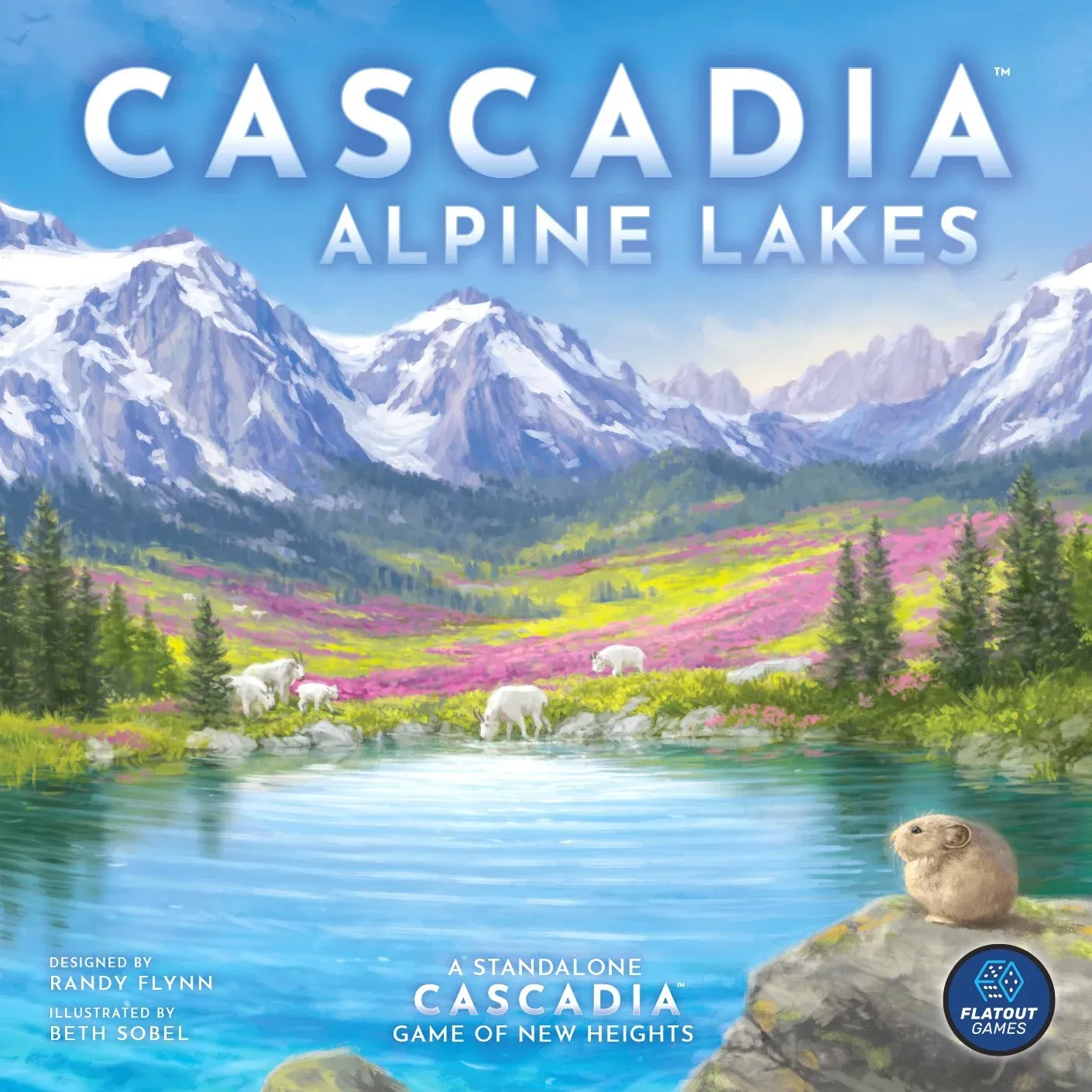
What path led you to where you are today? What's been the most surprising thing you’ve realized along the way?
We started playing modern hobby board games in Canada around 2010. We all came into the hobby on the Catan/Carcassonne/Pandemic wave. We generally love euro-style mechanics that allow players to strategize and build things—the feeling of solving a multi-faceted puzzle or problem, with outcomes based on clever decision-making rather than luck.
I (Shawn) like to get into a thing and take it to the next level, so after a short stint of doing board game reviews, we decided it would be fun to start making our own games. With backgrounds in design, planning, and logistics, we realized that our skills translated really well to game design and publishing. It started as a hobby, and it quickly spiraled into a whole lot more!
The most surprising thing we have realized is that board game publishing requires many different skills. Many of our projects are either designed or developed by us, based on great concepts from other designers.
Our unofficial tag line is that we make the games we love to play. Sometimes it is a theme, a mechanic, or a piece of art that hooks folks and piques their curiosity, so we always try to understand why people might want to engage with one of our games, and then lean into the things we think make it great.
The other thing that is really important to mention about our creative path is that it's paved with collaboration. The three of us are a great team that steers the ship at Flatout Games, and our CoLab and growing team of collaborators are unbelievably awesome folks. It's a joy to make games with your friends, and that's what we get to do every day!
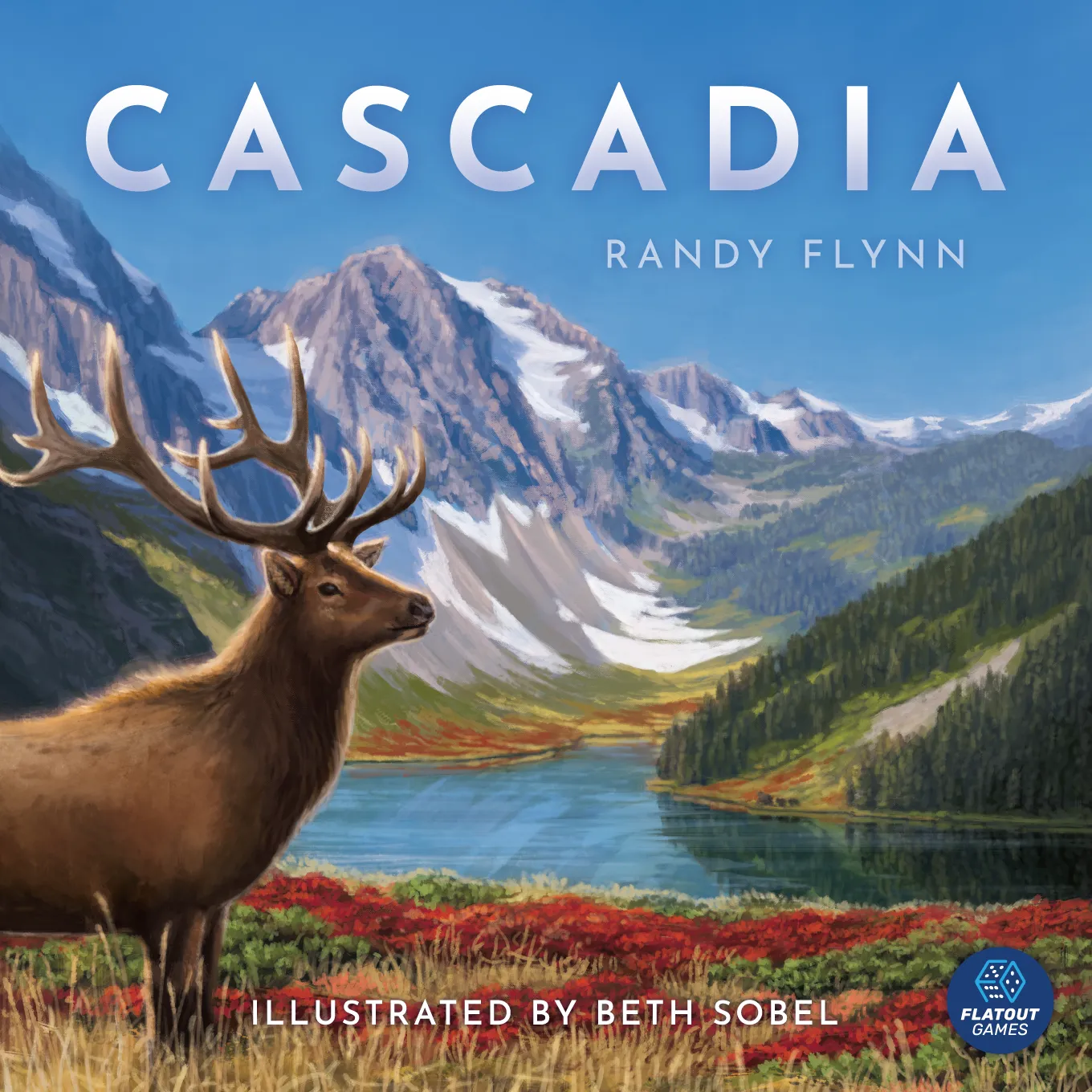
For the kind of work that you do, what are the most valuable resources?
We don't have any formal education in game design. We were inspired by passionate people online and in person, sharing what they are doing and how they are doing it. Play games with your friends, talk about them, and try to understand what makes them great.
One of the things we do consistently is browse Kickstarter and engage with other creators. We love seeing what kinds of games other people are making, how they market them, and how they engage with their fans. We engage with our friends who are board game publishers, and it's a very small community. There is always something we can learn, and we try to help one another out whenever we can. Many people have been really transparent and generous in sharing their experiences. It probably seems really cliché to say this, but people are the most valuable resource. Building relationships with others is really important, and it also allows you to share the joy of making things together–it's always better together!
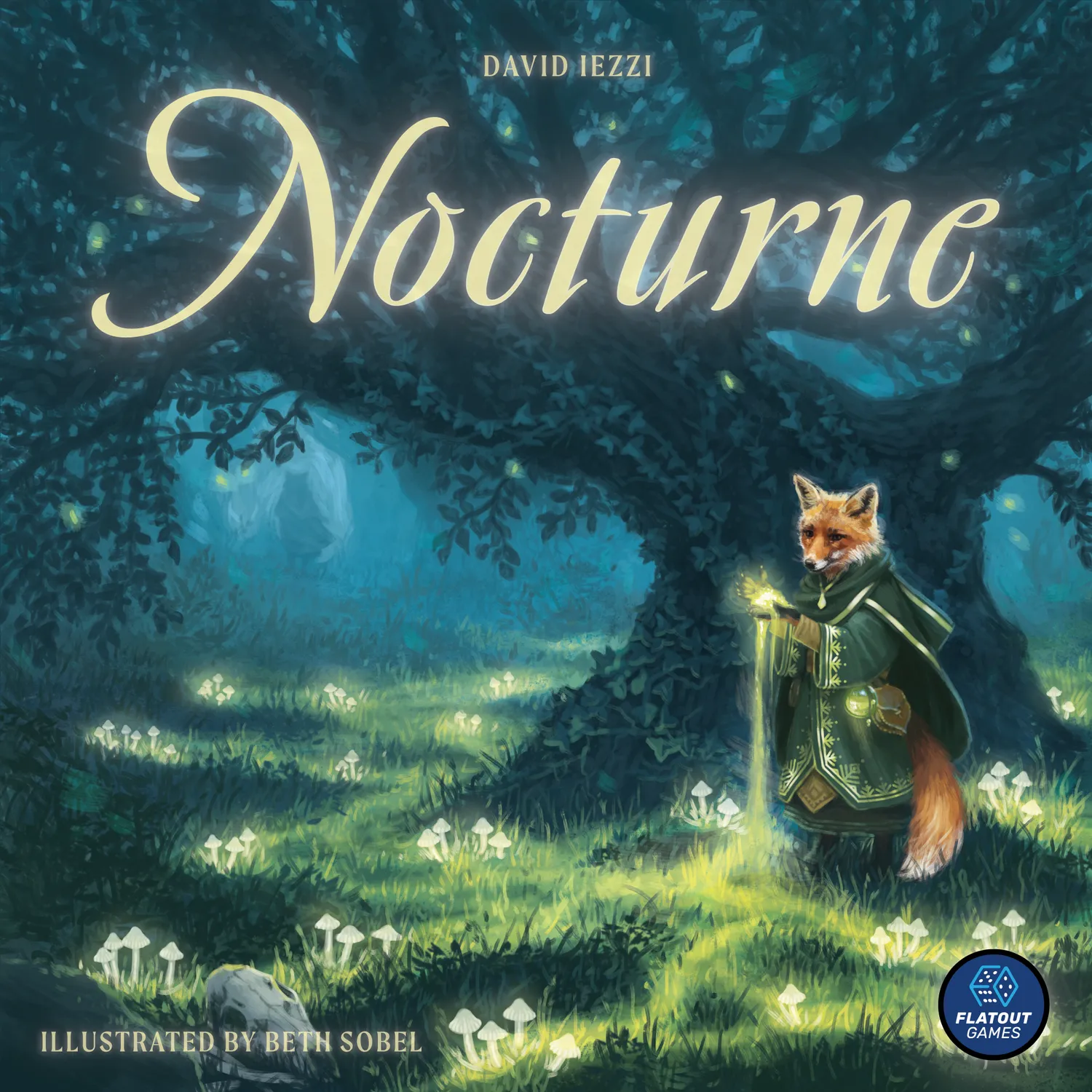
What do you get out of this work? What's it taught you about yourself?
Board game design and publishing have been a significant creative outlet for all of us. Sometimes it sounds like a joke when we say "we don't have as much time to play games anymore because we're so busy making them," but also this experience is like playing the most amazing, heaviest eurogame!
There are always so many decisions to make, challenging economics and social dynamics, etc. We get a lot of joy from making things together with our friends and then seeing crowdfunding backers and a broader audience engage with the games. Any time you see a new person playing your game, or someone comes up to you and says they love what you have created, it feels really fulfilling. If we can make them more approachable, more affordable, available in more languages, etc., then we should do that to the greatest extent we can.
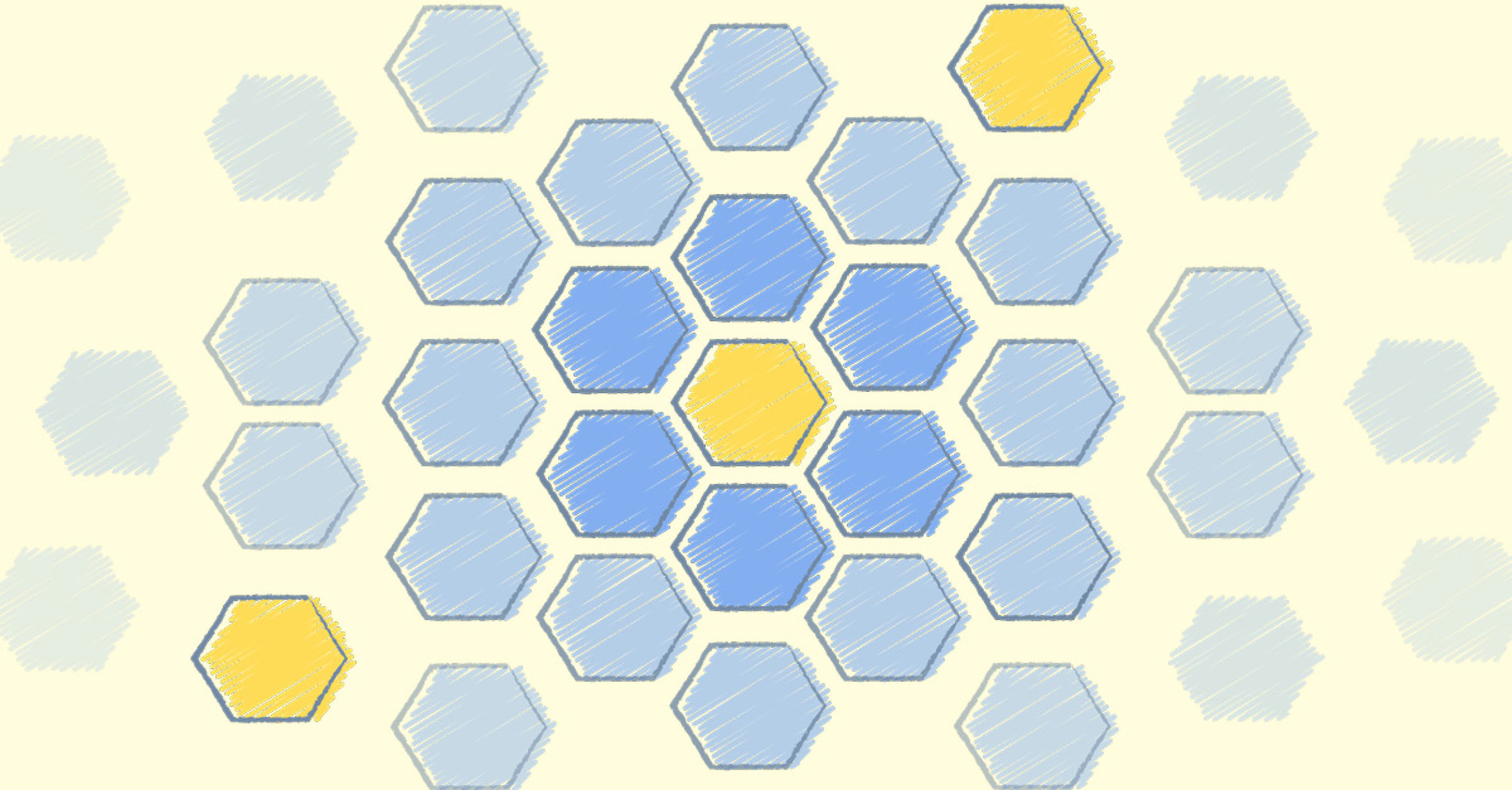
I noticed on your blog that you do a number of interviews with a variety of folks in the gaming community. How important is community to what you do? It feels like part of your overall philosophy: open-ness, communication, community, etc.
Certainly! Community is so important to what we do. When the three of us decided to start designing games, we teamed up. Then, when we decided to publish games, we built a collaborative model that gave everyone making the games equity in them. We’ll say it again: other people are your greatest resource, so fostering a community of collaborators is so important.
This is why Kickstarter has always resonated so much with us. Our Kickstarter backers for each project are vital to making our games possible. Not only does Kickstarter provide us with a way for folks to show their support financially, but also through their excitement and enthusiasm for what we do. It is incredibly heart-warming, and with each campaign, we are always overwhelmed and humbled by the backers who have helped make our games a reality.
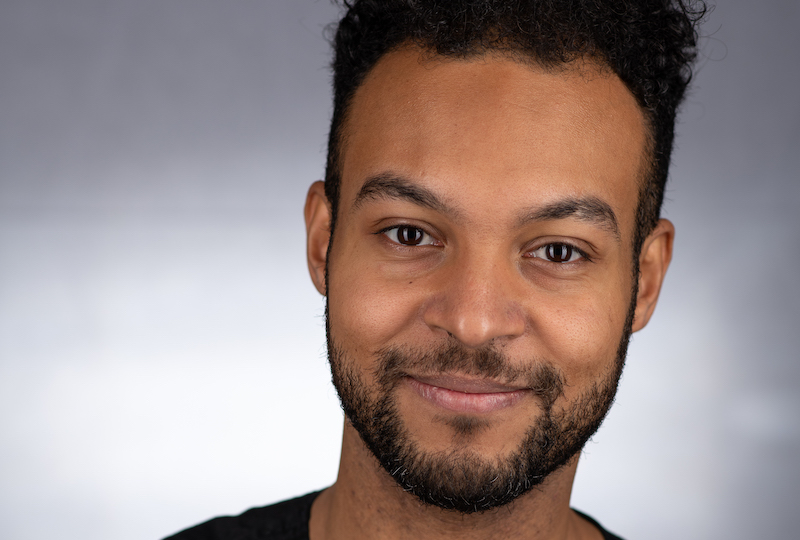
Speaking of community: What first drew you to Kickstarter and why have you kept coming back?
There were a number of other board game makers using Kickstarter to crowdfund their games, so we were naturally drawn in. What keeps us coming back is the overwhelming support from backers! It's a great platform where lots of people can discover our games who might not have seen them otherwise. Kickstarter backers are really passionate about helping bring games to life, and we have many folks now who come back year after year to support what we're doing. Those repeat backers are really special, and it's a joy to have that form of community online throughout the creative process.
How do other people or collaborators figure into your work? What is most helpful (or unhelpful) about working with others?
Working with other people brings a richness of ideas and different perspectives to each project. Putting a team together can open your eyes to new possibilities and ideas. Even though we do our best to be consensus-based leaders, strong leadership also means taking responsibility for moving things forward.
Sometimes, with many voices in the room, it can be challenging to determine the right path forward. We don't always agree within our teams, but we do have a lot of respect for one another and a dedication to what is important–making great games.
Our Kickstarter backers for each project are vital to making our games possible. Kickstarter not only provided us with a way for folks to show their support financially, but also through their excitement and enthusiasm for what we do.
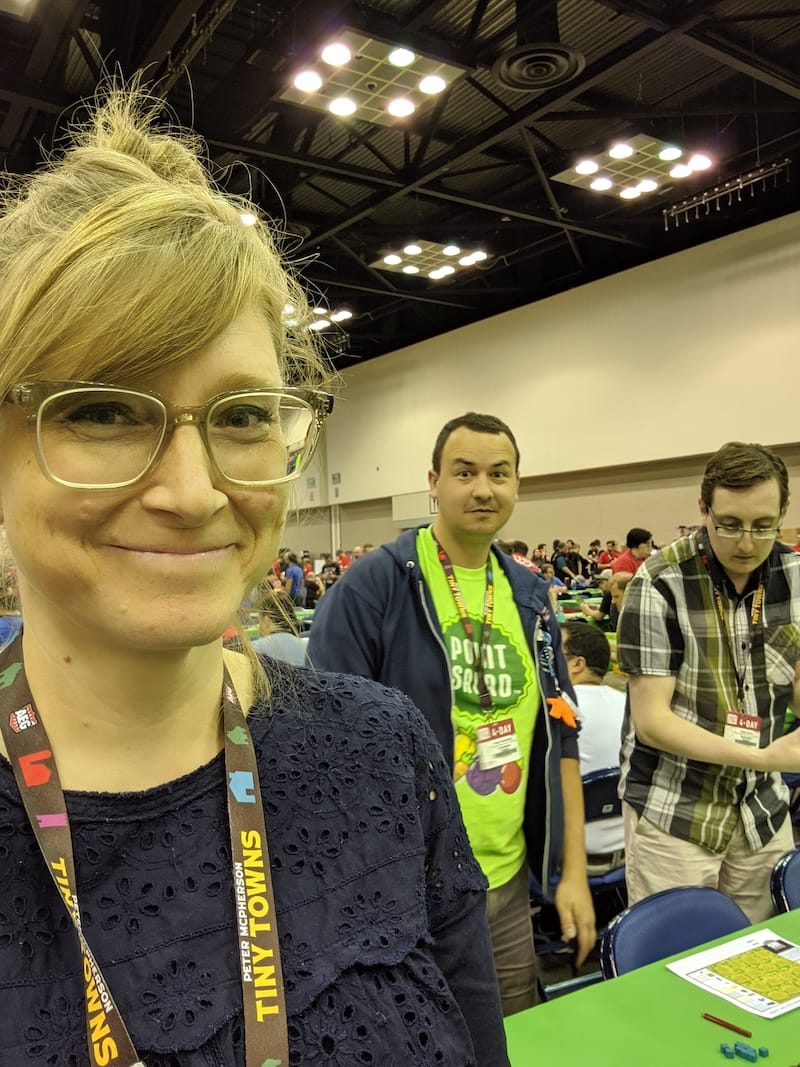
What do you consider failure and how can you find success in it?
Sometimes a game doesn't land with your audience the way you thought it might, Sometimes a game doesn't land with your audience the way you thought it might, or maybe it just struggles to find its audience at all. Failure, to us, is a game not reaching its full potential and not finding the people who will enjoy playing it. We think you can still find success in those failures because, at the end of the day, we had a lot of fun in the process, it was a creative challenge, and we learned from it.
What do you do when you’re creatively stuck?
This happens a lot. In general, we don't spend a lot of time dwelling on things. We try to move on to another task or shift to thinking about another game. Also, going for a walk and letting your mind filter through all the bits usually helps you see something differently. We also talk to each other a lot.
This is one area where having a collaborative team is extremely beneficial. If you're creatively stuck, someone else might need to carry the torch for a while. It's hard to imagine working on these games individually. We have probably had one of the most consistent outputs of board games for a small company over the past 5 years, and it is because we can get unstuck quickly whenever it happens.
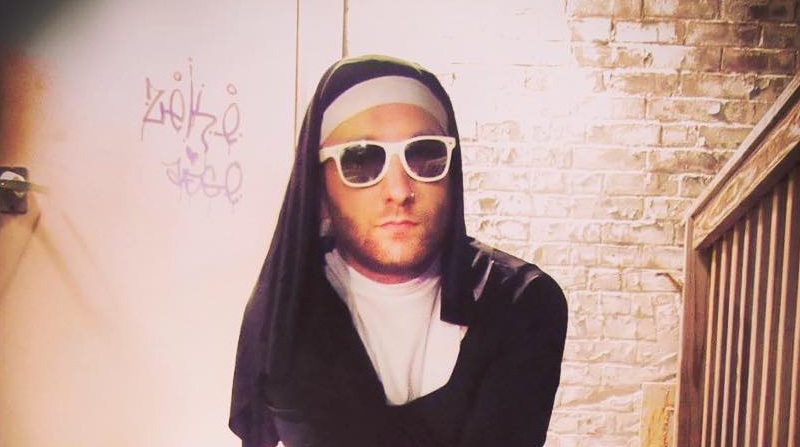
What does your curiosity look like? How do you explore things?
A lot of curiosity comes from playing games and saying, "This is super cool–what if…?" We are really curious about how different board game mechanics and different experiences can be combined or streamlined, and how we can make things as approachable as possible. I think that challenge really drives us. We are problem solvers, so we really like to set out a challenge for ourselves and see how we can complete it. We always have a notebook or a place to jot down ideas. Ideas aren’t just new concepts for game designs, but thoughts on how to reach a new audience, interesting selling points about one of our games, or the experience of playing it, or new ways we can help make board games a more prominent hobby in our communities.
We spend a lot of time looking at colors, shapes, art, product design, and aesthetics. When we take a new prototype to a convention, it’s helpful to see and hear what parts of the mechanics or box art people respond to. We’re also interested in the arc of a conversation while a game is being played.
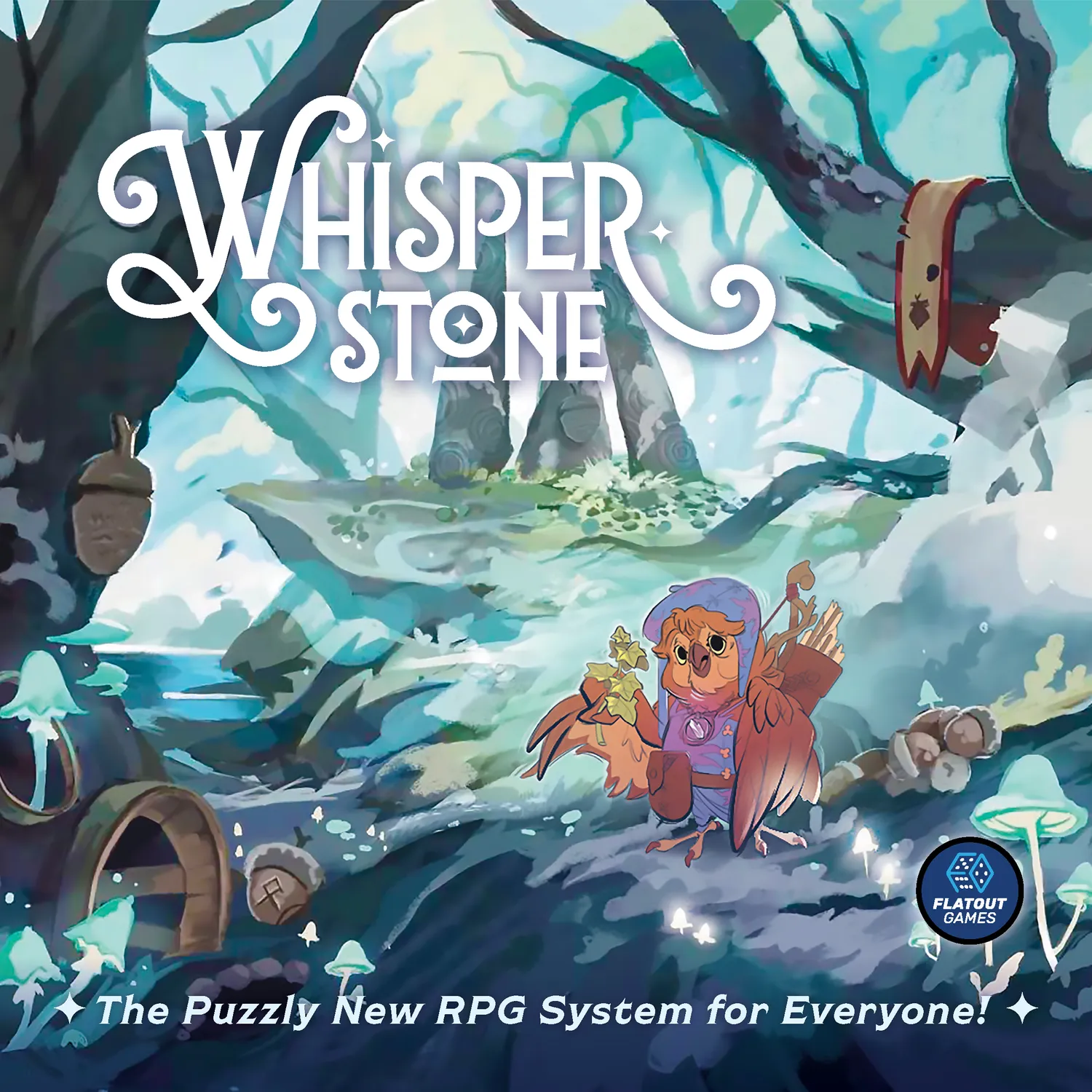
To continue the conversation, you can find out more about Flatout Games and sign up to be notified of the upcoming Kickstarter campaigns on their website: www.flatout.games
